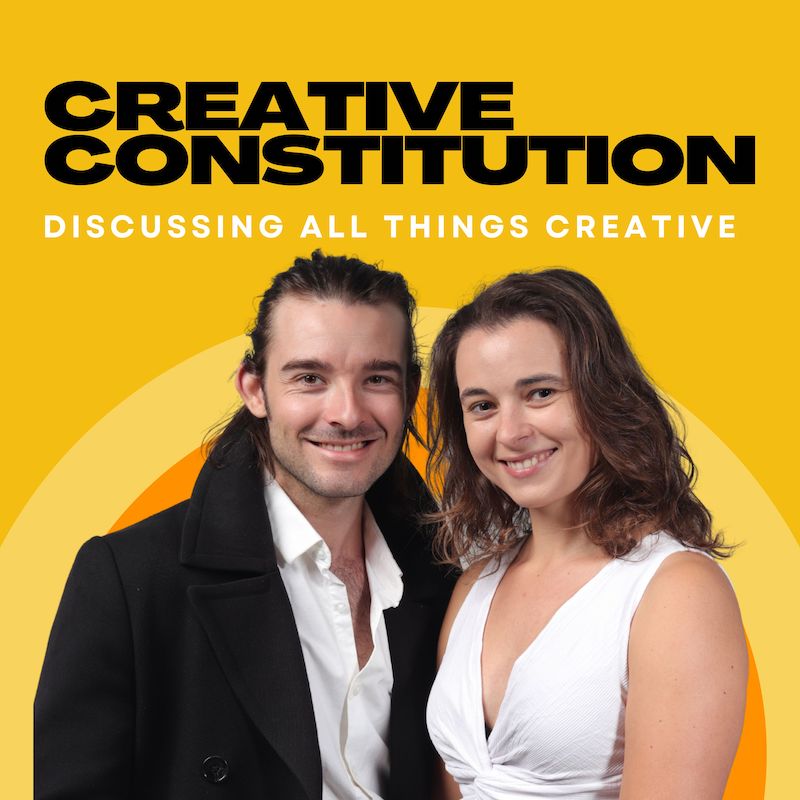Music’s Unique Place in the Cinematic World
When we think of movies, we envision a world where stunning visuals harmoniously align with striking sounds to unfold powerful narratives. Among these auditory elements in film, music holds a distinctive role. By establishing emotional depth, enhancing storytelling, and leaving a lasting impression on the viewers, music becomes an inseparable part of the cinematic experience. Particularly, the role of score and soundtrack in a movie can transform a simple narrative into an immersive experience. Let’s explore these elements in depth.
Deciphering Film Score and Its Impact on the Movie
The film score constitutes the original composition of music specifically created to accompany a film. It creates an emotional skeleton on which the cinematic narrative builds. The score subtly supports the storytelling, adding emotive depth without detracting from the visuals.
Consider the intensity elicited by John Williams’ two-note motif in “Jaws” that incites a sense of dread, even in the absence of a shark on screen. Similarly, Hans Zimmer’s soundscapes in “Inception” elegantly reflect the film’s intricacies.
As an aspiring filmmaker, here’s how you can create a memorable score:
- Identifying Core Emotions: Define the emotions to be elicited in each scene – be it fear, hope, or nostalgia. Convey these sentiments to your composer.
- Choosing Themes Prudently: A well-crafted score incorporates recurring themes that pertain to characters or concepts. These motifs should be recognizable and adjustable to different scenarios.
- Collaborating with Composers: Share your creative vision with your composer and welcome their input. They can offer valuable insights into how music can bolster your narrative.
- Budgeting Astutely: Despite budget restrictions, remember to allocate resources for your score. Investing in quality music can enhance the effectiveness of your film.
Using Soundtrack to Create a Cinematic Connection
A soundtrack, in contrast to a film score, is a compilations of pre-existing songs or music tracks that feature in a film. Utilizing a soundtrack can imbue depth to the setting and emphasize specific moments. Moreover, soundtracks often carry cultural references that tie the film to a particular epoch, locality, or subculture.
Renowned films like Quentin Tarantino’s “Pulp Fiction” or James Gunn’s “Guardians of the Galaxy” leverage soundtracks to not only enhance the on-screen action but also make characters more relatable.
If you’re considering using a soundtrack, here are some recommendations:
- Being Culturally Conscious: Opt for songs that reflect the cultural milieu of your movie. An aptly chosen track can instantly transport your audience to the era or vibe being portrayed.
- Maintaining Narrative Flow: Songs should facilitate smooth narrative transitions rather than jarring interruptions. Use them to underscore crucial moments or transitions.
- Licensing Music Properly: Ensure to obtain the legal rights to use any pre-recorded music. This safeguards against any legal ramifications and ensures the artists get their due credit.
- Considering Costs: Licensing popular tracks can come with a hefty price tag. If you’re on a tight budget, consider emerging artists or royalty-free music that can still capture the desired atmosphere.
Finding the Score and Soundtrack Balance in Film
Adept filmmakers know the art of balancing the film score with the soundtrack. Here are some ways to achieve that delicate equilibrium:
- Defining Your Film’s Identity: Reflect on your film’s persona: Does it call for an original score or a curated collection of songs? Your answer will guide your music choices.
- Watching the Mix: Ensure a harmonious blend between the score and soundtrack. One should not dominate the other; both should serve the narrative.
- Attending to Pacing: Apply both musical elements to manipulate pacing. A methodical build-up could be supported by a score, while strategically placed songs can add energy at key moments.
- Creating Contrast: A vibrant soundtrack juxtaposed against a subtle score can accentuate varying facets of your film, offering a dynamic auditory journey.
A classic example of such balance can be found in “The Social Network”, where Trent Reznor and Atticus Ross’s atmospheric score commingles with a selection of timeless songs, each adding a unique dimension to the film.
Conclusion
Score and soundtrack are more than mere musical elements in a film. They are the pulse and soul that incite audiences to experience a myriad of emotions the characters go through. For any filmmaker, mastering the effective use of these elements can amplify their storytelling prowess and create a lasting cinematic impact. Always remember – in the universe of film, music is an unseen character that carries a compelling emotional weight. Treat it with the respect it deserves, and it will surely resonate with your audience, leaving an indelible impression.

